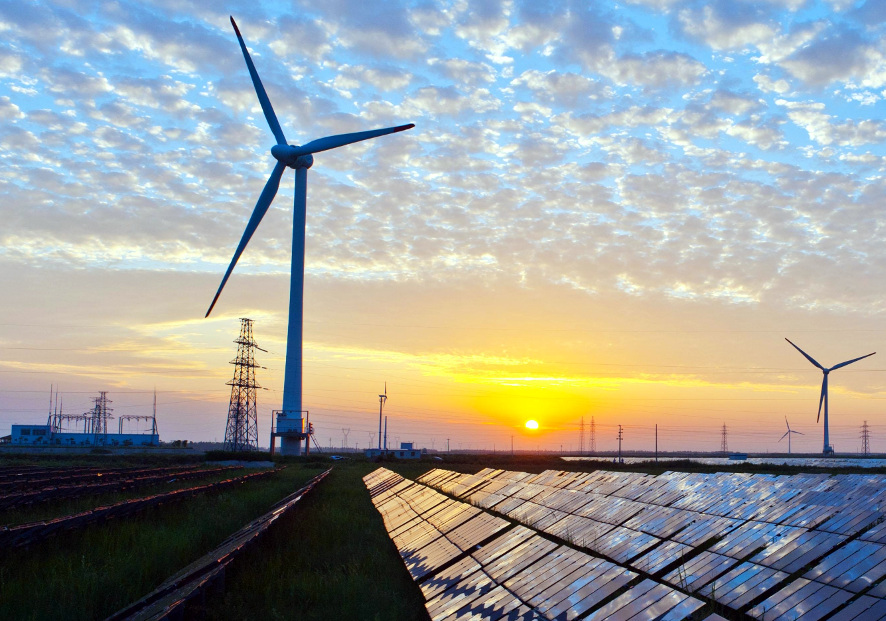Satyendar Kumar Jain, Delhi’s Power Minister, said that Delhi would have around 1,000 GW of renewable energy by 2019, reducing the burden on conventional non-renewable energy resources, the India Times has reported.
The decision to switch to clean energy agreed after six months of deliberations with three state DISCOMs and the power ministry of India.
Delhi would only buy the power generated from the solar plants, which would be installed elsewhere in the country. SECI will take care of the tender process for installation over the next three months.
“The whole process will take around 1 to 1.5 years by when the peak demand 6,500MW will also go up. Through this agreement, we are not only trying to meet the growing demand but also doing it in an eco-friendly manner,” Jain added.
According to market experts, out of Delhi’s total power demand, only 100 MW comes from Solar. Realizing the clean energy importance and the recent reduction in solar input costs has facilitated the move. The ministry has estimated that this solar power to cost about INR 3 ($0.46)/kWh, lower than the conventional energy that costs on an average INR 5.5 ($0.85)/kWh.
“Around 1.5 years back, when we were attempting to execute such a project, the cost was around INR 6-6.5(~$1.0)/kWh,” Jain said.
Jain also added that his department had approved additional subsidies to Delhi farmers for solar pumps installation.
This content is protected by copyright and may not be reused. If you want to cooperate with us and would like to reuse some of our content, please contact: editors@pv-magazine.com.








By submitting this form you agree to pv magazine using your data for the purposes of publishing your comment.
Your personal data will only be disclosed or otherwise transmitted to third parties for the purposes of spam filtering or if this is necessary for technical maintenance of the website. Any other transfer to third parties will not take place unless this is justified on the basis of applicable data protection regulations or if pv magazine is legally obliged to do so.
You may revoke this consent at any time with effect for the future, in which case your personal data will be deleted immediately. Otherwise, your data will be deleted if pv magazine has processed your request or the purpose of data storage is fulfilled.
Further information on data privacy can be found in our Data Protection Policy.